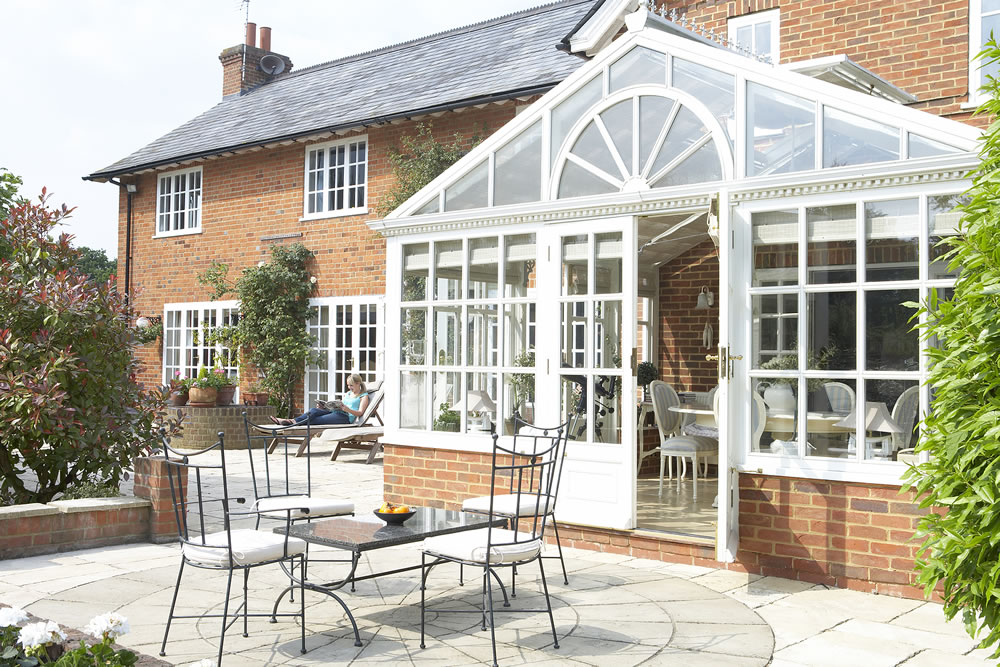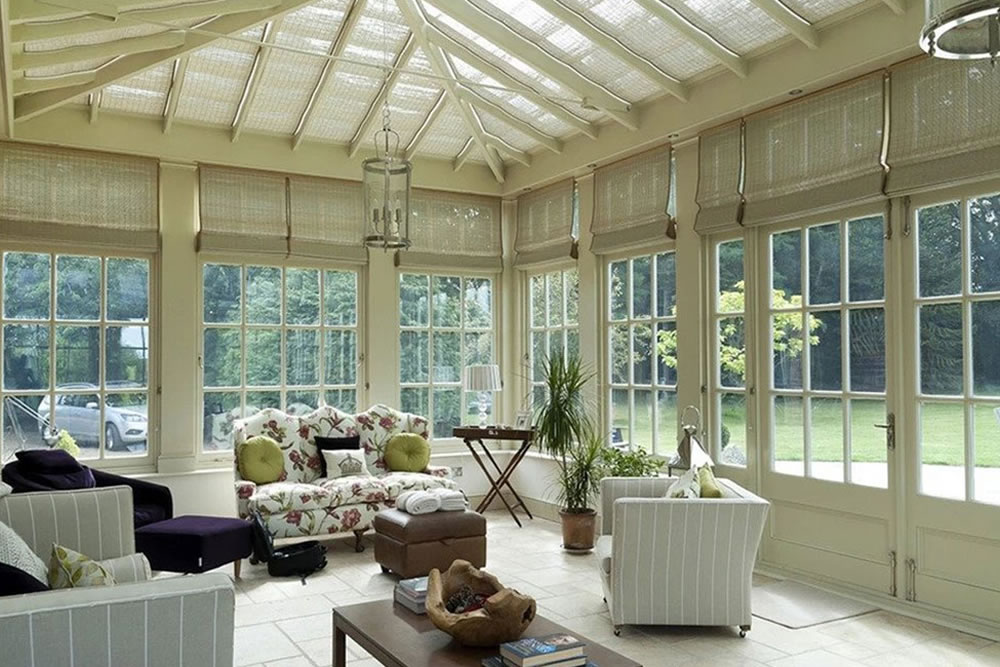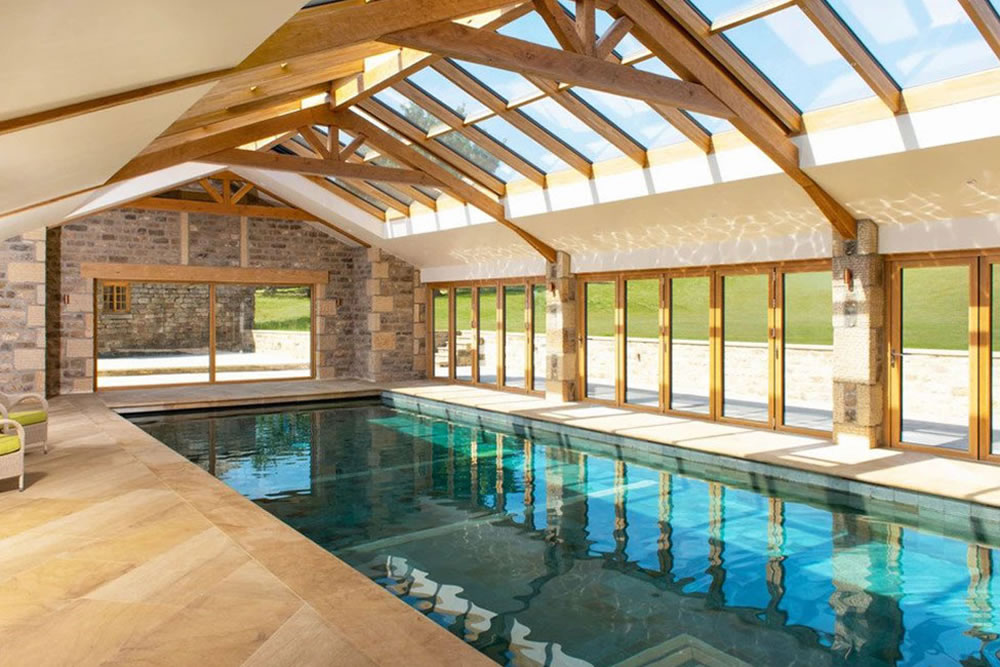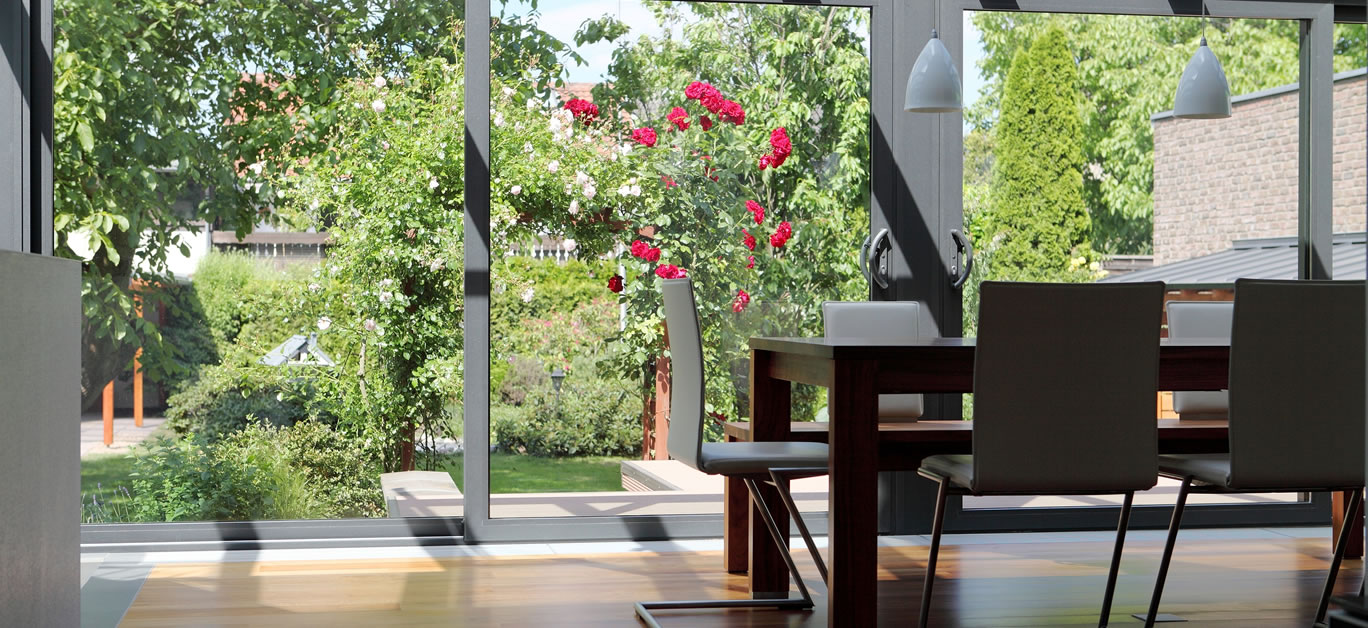Words by Mark Caulfield, the owner and founder of The Oakfields Group, a long-established family-run business specialising in bespoke, out of the ordinary spaces for commercial and residential use, including conservatories, orangeries and winter gardens.
It’s fair to say that 2020 brought us a lot of unwelcome surprises, but this year has also been responsible for a big surge in home improvements. Whether this investment is inspired by having to spend more time at home, or to increase value in our property, more and more of us are putting time and money into creating the perfect living space. In fact, the 2020 Renovation Nation Report, by mortgage comparison site Money.co.uk reveals that UK homeowners have spent a cool £55 billion on renovations since March.
With a different way of life to adapt to, investing in your home makes a lot of sense, and expanding your living space in particular is a popular choice. But do you opt for a winter garden, orangery or conservatory and what drives that decision?
This will largely depend on the style of your property and how you intend to use it. Below we assess the merits of each option.
Conservatories can be more competitively priced

Conservatories are traditionally made of hardwood and tend to be more streamlined than orangeries. Because they are usually simpler, and therefore more easy to manufacture, they are normally more affordable too, so if you’re new to the world of home improvements, or working with a smaller budget, a conservatory might be for you.
A conservatory doesn’t have to be attached to the house (unlike an orangery), so this might also have a big impact on your decision – especially those who love to feel immersed in their garden and enjoy a different viewpoint.
Conservatories also let in more natural light than orangeries, which could sway your decision. This is because of a different type of glazing used.
Orangeries can add more value to your property

Firstly, not everyone is familiar with what sets an orangery apart from a conservatory. In fact, it’s quite common for people to incorrectly label their conservatory as an orangery in order to sound fancier, but there are actually several distinct structural differences.
A true orangery has intermittent columns or pilasters which punctuate the window sashes. You’ll also find a lantern style roof and a flat roof section all around, along with a deep fascia with mouldings known as entablature which require steel support for the inset lantern or laminated beams.
These unique style characteristics make an orangery a perfect addition to the courtyard of a town house for example. In fact, orangeries are often found at places like Chatsworth House in Derbyshire, or Kew Gardens in Richmond.
An orangery might also be for you if you’re particularly keen to increase the worth of your property. Whilst a conservatory doesn’t need to be attached to the house, an orangery is, and is therefore seen as an extension of the property, thus adding significant value.
Winter gardens are perfect for year-round use

Winter gardens are really having a moment and it’s not hard to see why. A winter garden typically has an entirely glazed roof, straightforward window and bi-folding or sliding door frames, and may also have automatic roof vents and external awnings.
The current trend of opting for bespoke winter gardens can be explained by the wow factor that these stunning glass and aluminium designs add. They’re also ideal for different styles of home, from modern to period properties, perhaps making them a little more versatile than, say, an orangery.
Perhaps the biggest pull of a winter garden though, has to be the bio-climatic environment they create. If you plan to use this space all year round, a winter garden is certainly worth considering, providing a natural space that’s protected and cooled in summer by air flow and shaded by in-built canopies, whilst being warmed in the winter months by the sun’s rays.
Whichever way you’re leaning, before you reach a decision about your investment, ask yourself a few questions about why you want this space, how much space you have, how you’re planning to use it for, and when. Is it your forever home, or do you plan to move on in a few years’ time? Whichever choice you make, a bespoke creation can help you achieve your perfect space, with additions such as built-in heating and LED lighting providing the finishing touches.






















